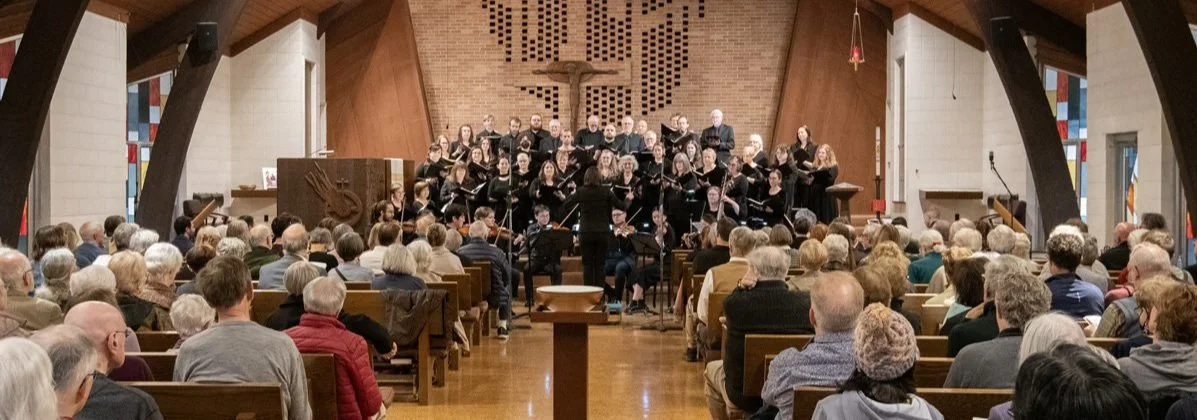Sing with the BACH choir! We’re a friendly group of ordinary people who love to sing. Our season starts with two of J.S. Bach’s best choral works, his Magnificat in D and Gloria in D.
CHOIR AUDITIONS
Choir auditions are held twice a year, in August and January, for singers who read music and are high-school age and older. Our music director will meet with you, hear you vocalize, and discuss your musical background and interest in singing with BACH. Auditions include scales, tonal memory, sight-singing, and 1 to 2 minutes of any piece of your choice (sung unaccompanied).
Interested? Complete the audition signup form:
Choir Audition Signup Form
SOLOIST AUDITIONS
For paid soloist positions, submit recordings by September 2. Details are on the audition form:
Soloist Audition Form








